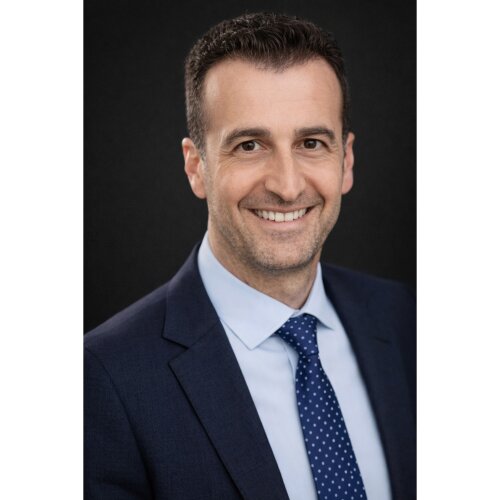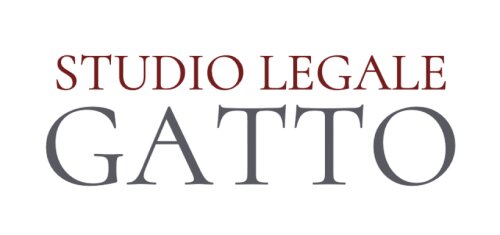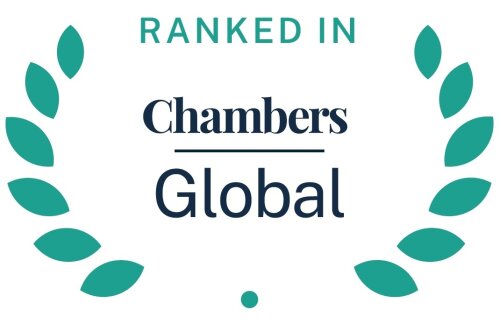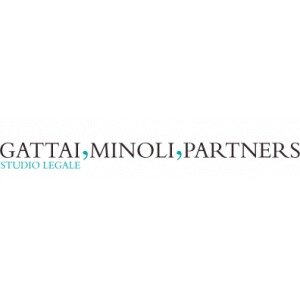Best Structured Finance Lawyers in Milan
Share your needs with us, get contacted by law firms.
Free. Takes 2 min.
List of the best lawyers in Milan, Italy
About Structured Finance Law in Milan, Italy
Structured finance is a specialized area of law and finance that focuses on complex financial instruments and transactions such as securitizations, project finance, derivatives, and syndicated loans. In Milan, which is recognized as the financial capital of Italy, structured finance plays a significant role in supporting both domestic and cross-border investments. Legal professionals in this field help clients design and implement financial structures that allow for risk management, enhanced liquidity, and efficient capital allocation, while ensuring compliance with Italian and European regulations.
Why You May Need a Lawyer
Engaging in structured finance transactions often involves significant risks and technical complexity. Some common situations where individuals or companies may require legal assistance include:
- Negotiating and drafting documentation for securitization transactions
- Ensuring compliance with both Italian and EU financial regulations
- Assessing risk allocation in structured products
- Advising on bankruptcy remoteness and insolvency issues
- Structuring project finance or infrastructure deals
- Settling disputes arising from structured finance agreements
- Assisting with tax implications related to structured financial products
- Advising on cross-border structured finance transactions
Local Laws Overview
Structured finance in Milan is heavily regulated under both national and EU laws. The key pieces of legislation include:
- The Consolidated Law on Finance (Testo Unico della Finanza, TUF): This governs financial markets in Italy and sets rules for issuers, investors, and financial intermediaries.
- Securitization Law (Law 130/1999): Provides the legal framework for securitization transactions in Italy, focusing on transparency, investor protection, and the procedure for transferring receivables.
- Bank of Italy Regulations: These outline prudential rules for banks and financial intermediaries regarding structured products.
- European Directives: Milan-based transactions are also subject to EU directives such as MiFID II, CRR-CRD IV, and the Securitization Regulation, ensuring standardization and investor protection across Europe.
Frequently Asked Questions
What is structured finance?
Structured finance refers to the use of complex financial instruments and techniques to manage risk, raise capital, and tailor financial solutions for specific business needs. It often includes practices such as securitization, collateralized debt, and synthetic structures.
Do I need a lawyer for a securitization transaction in Milan?
Yes, securitization involves multiple parties, regulatory compliance, and significant legal documentation. A lawyer helps ensure the transaction is legally sound and all contingencies are addressed.
What regulations govern structured finance in Milan?
Structured finance in Milan is regulated by the Italian Consolidated Law on Finance, Law 130/1999 on Securitization, Bank of Italy rules, as well as relevant European directives.
How do Italian laws protect investors in structured finance products?
Italian laws mandate transparency, proper disclosure of information, and adherence to prudential requirements. Investor protection is reinforced by EU rules, which require risk assessment and adequate reporting.
What are the tax considerations in structured finance transactions?
Tax implications vary depending on the product and structure. Specialized legal and tax advice is recommended to optimize the outcome and comply with Italian tax regulations.
Can a foreign entity participate in structured finance deals in Milan?
Yes, foreign entities can engage in structured finance transactions in Milan, but must comply with both Italian and EU regulations governing such transactions, including registration and reporting requirements.
What is the role of the Bank of Italy in structured finance?
The Bank of Italy sets prudential standards for financial intermediaries, supervises market conduct, and enforces rules regarding transparency and stability in structured finance transactions.
What is required to set up a securitization vehicle in Italy?
Setting up a securitization vehicle entails establishing a special purpose vehicle under Law 130/1999, preparing legal documentation, complying with reporting duties, and possibly obtaining regulatory approvals.
Are there any restrictions on the types of assets that can be securitized?
Italian law allows for the securitization of a wide range of assets, primarily focusing on receivables, lease contracts, and real estate assets, as long as these are lawfully transferable and meet regulatory requirements.
What happens if a party defaults in a structured finance transaction?
Default procedures are typically detailed in the transaction documents. Italian law provides for the enforcement of security interests, bankruptcy remoteness measures, and dispute resolution mechanisms.
Additional Resources
For further information or support related to structured finance in Milan, consider the following resources:
- Banca d'Italia (Bank of Italy): The main financial regulatory authority providing guidelines and oversight for structured finance.
- CONSOB (Commissione Nazionale per le Società e la Borsa): Oversees securities markets and enforces rules for investor protection and financial transparency.
- Associazione Bancaria Italiana (ABI): The Italian Banking Association, which offers sector-specific research and policy papers related to structured finance.
- European Securities and Markets Authority (ESMA): Develops technical standards and guidance impacting structured finance market participants operating in Milan.
- Chamber of Commerce of Milan: Provides information on company registration, corporate finance, and professional directories.
Next Steps
If you require legal assistance with a structured finance matter in Milan:
- Assess the specifics of your transaction or legal issue and gather relevant documentation.
- Research and identify law firms or lawyers in Milan with expertise in structured finance and Italian financial regulations.
- Book an initial consultation to discuss the particulars of your case and possible legal strategies.
- Stay informed about regulatory updates that may affect your transaction.
- Work closely with your legal advisor to ensure all compliance and disclosure obligations are met.
Lawzana helps you find the best lawyers and law firms in Milan through a curated and pre-screened list of qualified legal professionals. Our platform offers rankings and detailed profiles of attorneys and law firms, allowing you to compare based on practice areas, including Structured Finance, experience, and client feedback.
Each profile includes a description of the firm's areas of practice, client reviews, team members and partners, year of establishment, spoken languages, office locations, contact information, social media presence, and any published articles or resources. Most firms on our platform speak English and are experienced in both local and international legal matters.
Get a quote from top-rated law firms in Milan, Italy — quickly, securely, and without unnecessary hassle.
Disclaimer:
The information provided on this page is for general informational purposes only and does not constitute legal advice. While we strive to ensure the accuracy and relevance of the content, legal information may change over time, and interpretations of the law can vary. You should always consult with a qualified legal professional for advice specific to your situation.
We disclaim all liability for actions taken or not taken based on the content of this page. If you believe any information is incorrect or outdated, please contact us, and we will review and update it where appropriate.

















